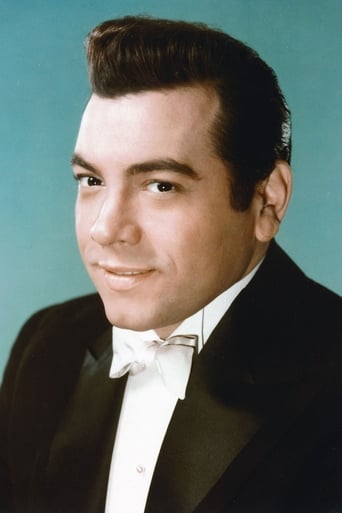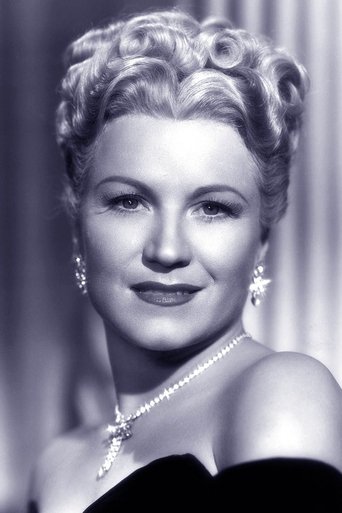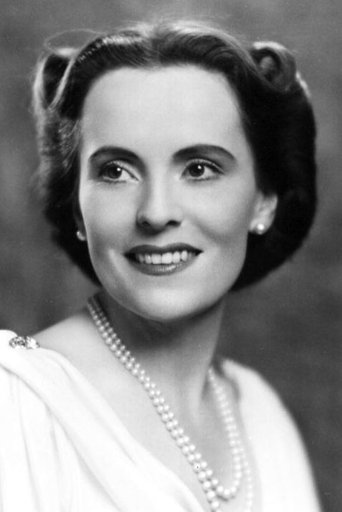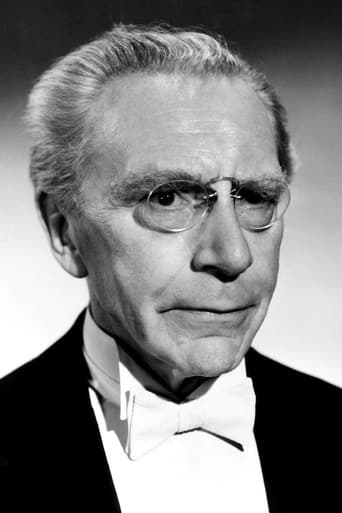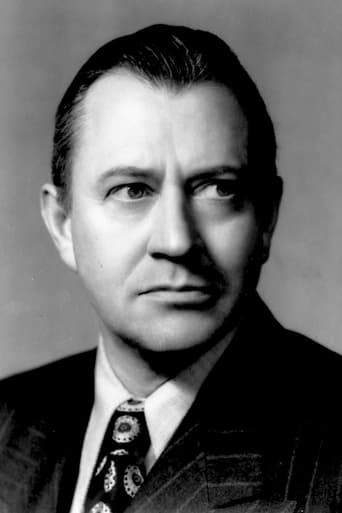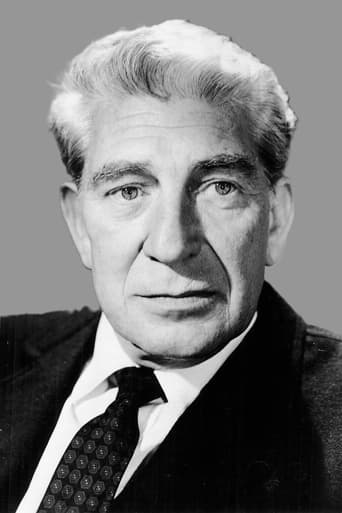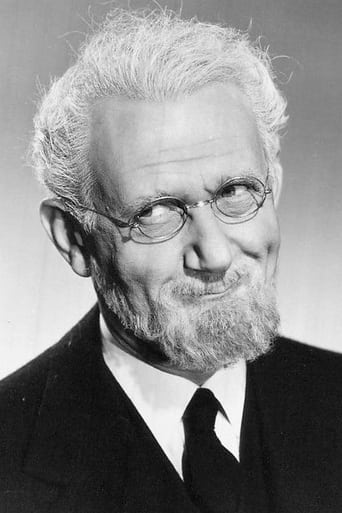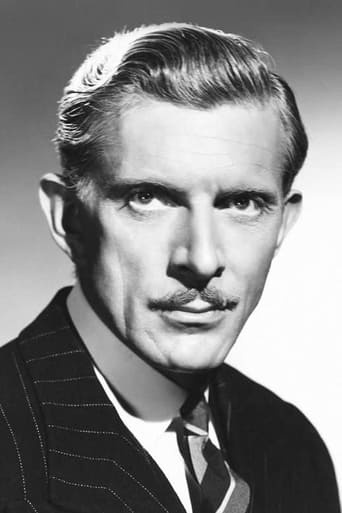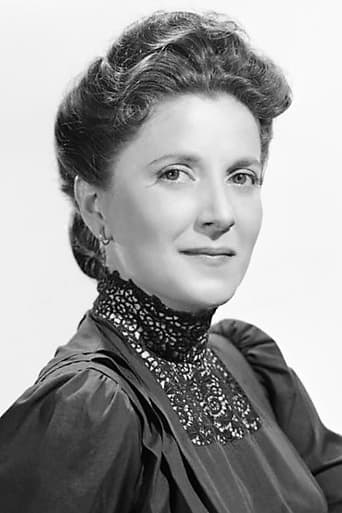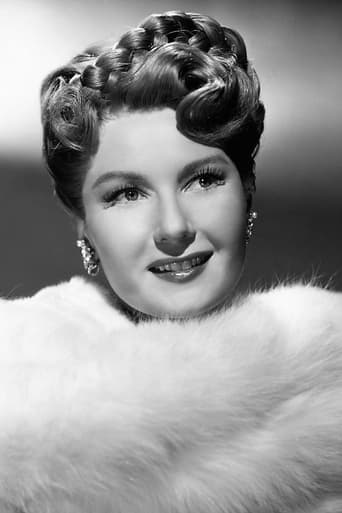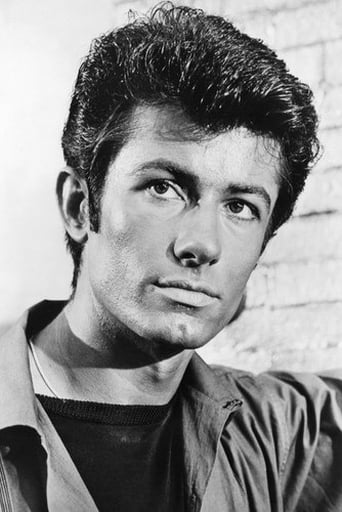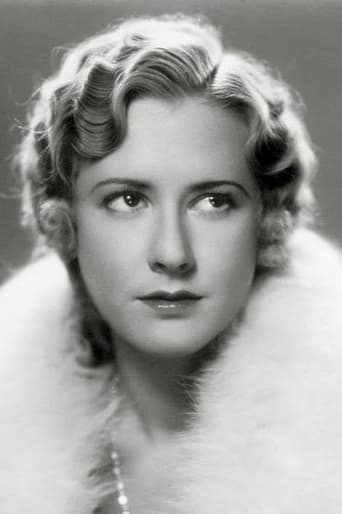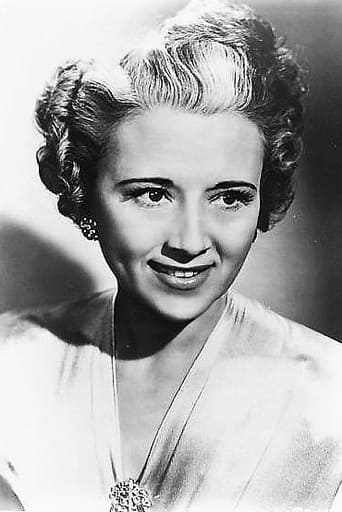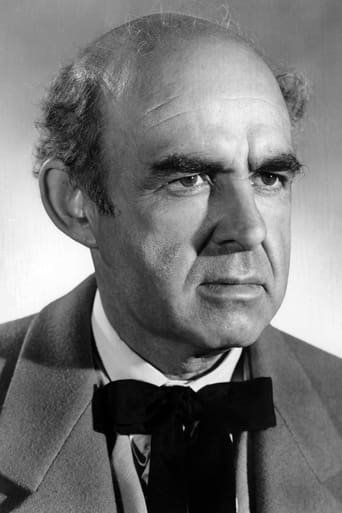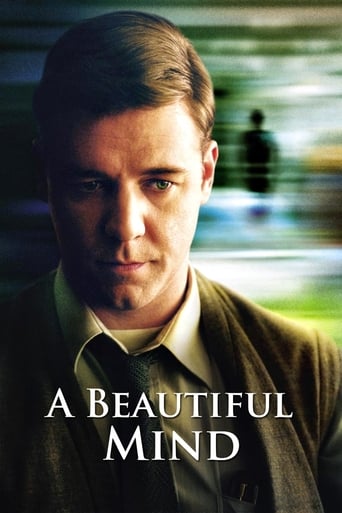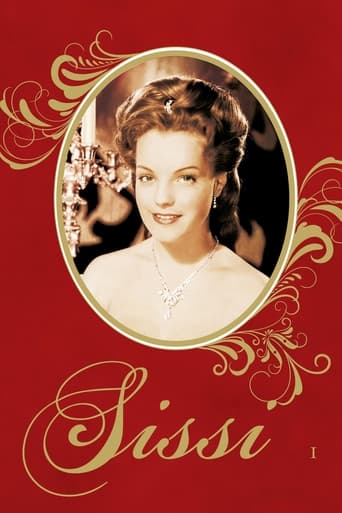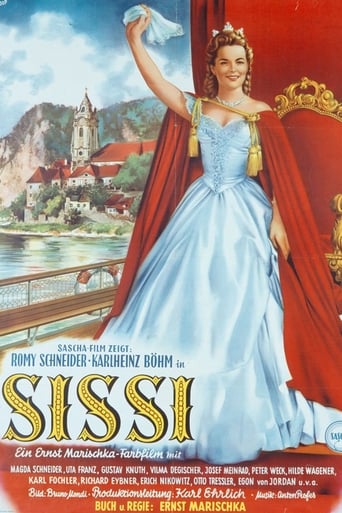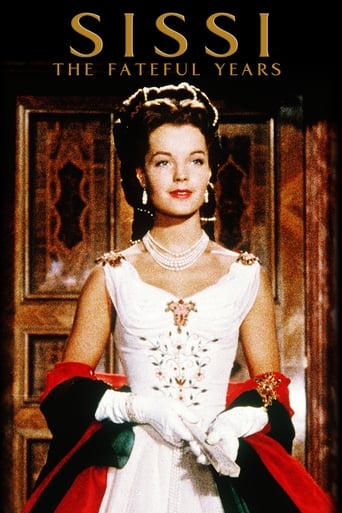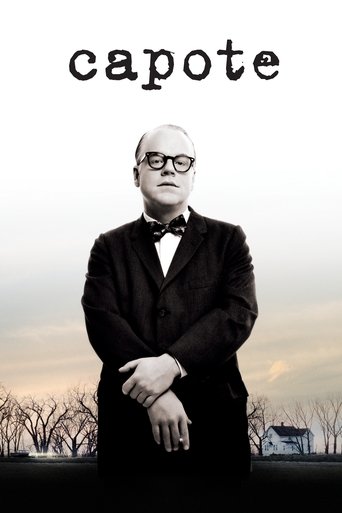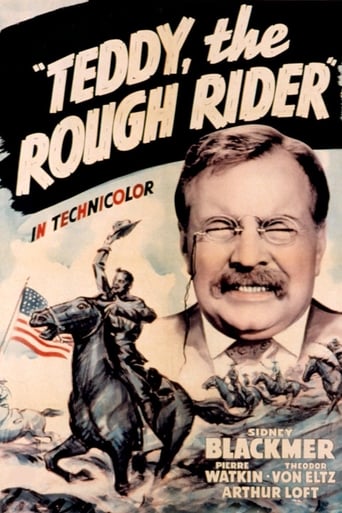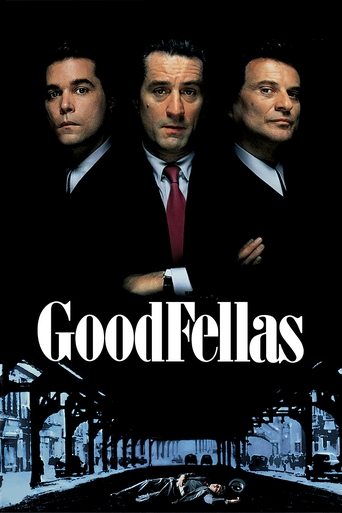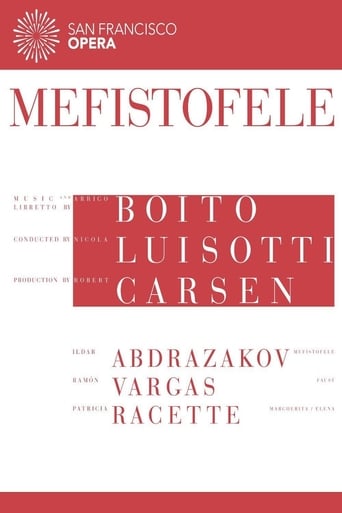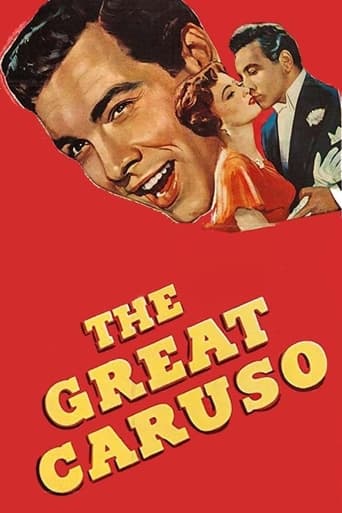
The Great Caruso (1951)
Enrico Caruso's only passion is to sing. For that, he leaves his hometown of Naples, Italy, and travels to America to sing for the Metropolitan Opera. At first, his lack of education and poor background make him an outcast in the high-class opera world. Eventually, his voice wins him both fans and the hand of his love, Dorothy. But his nonstop pace and desire to perform at any cost eventually take their toll on the singer's health.
- Richard Thorpe
- William Ludwig
Rating: 5.7/10 by 18 users
Alternative Title:
Enrico Caruso - CZ
Country:
United States of America
Language:
English
Runtime: 01 hour 49 minutes
Budget: $0
Revenue: $0
Plot Keyword: opera, biography
I thought Richard Thorpe always managed to present these semi-sumptuous dramas quite well, and here - despite the rather simpering presence of Ann Blyth, he does manage to encapsulate effectively the rags to riches story of acclaimed tenor Enrico Caruso (Mario Lanza). Nobody cared much for the man's skills at home in Napoli - coming from a typically large family and expected to make a living with his hands rather than his voice. That all changed in his early twenties when he got a break singing in a small-time opera. This led to him gradually working his way up the bill until he was regularly entertaining the great and the good across Europe and the in the United States. Despite already having some children at home, he marries the well-heeled Dorothy (Blyth) and things look set fair for a successful and fulfilling family life. Except - well, history takes an hand in things and we know that happened in the end. Lanza delivers engagingly as the charismatic Caruso and there's an amiable collection of familiar faces in support as we do rather superficially cram in twenty five years of life into an hour and three quarters. Of course, that means that elements of the characterisations are skirted over and the presentation of the man and his ascendency is quite shallow, but what this does do is introduce the audience to an array of beautiful music. From Verdi to Puccini, it serves as an acceptable beginner's guide to some great stories with some equally memorable accompanying arias - all from Lanza himself. It's was always going to be an hard project to pull off, but with a bit of humour and a swathe of grandly costumed orchestrations then we are left with some idea of just how famous and popular this man and his work was.

